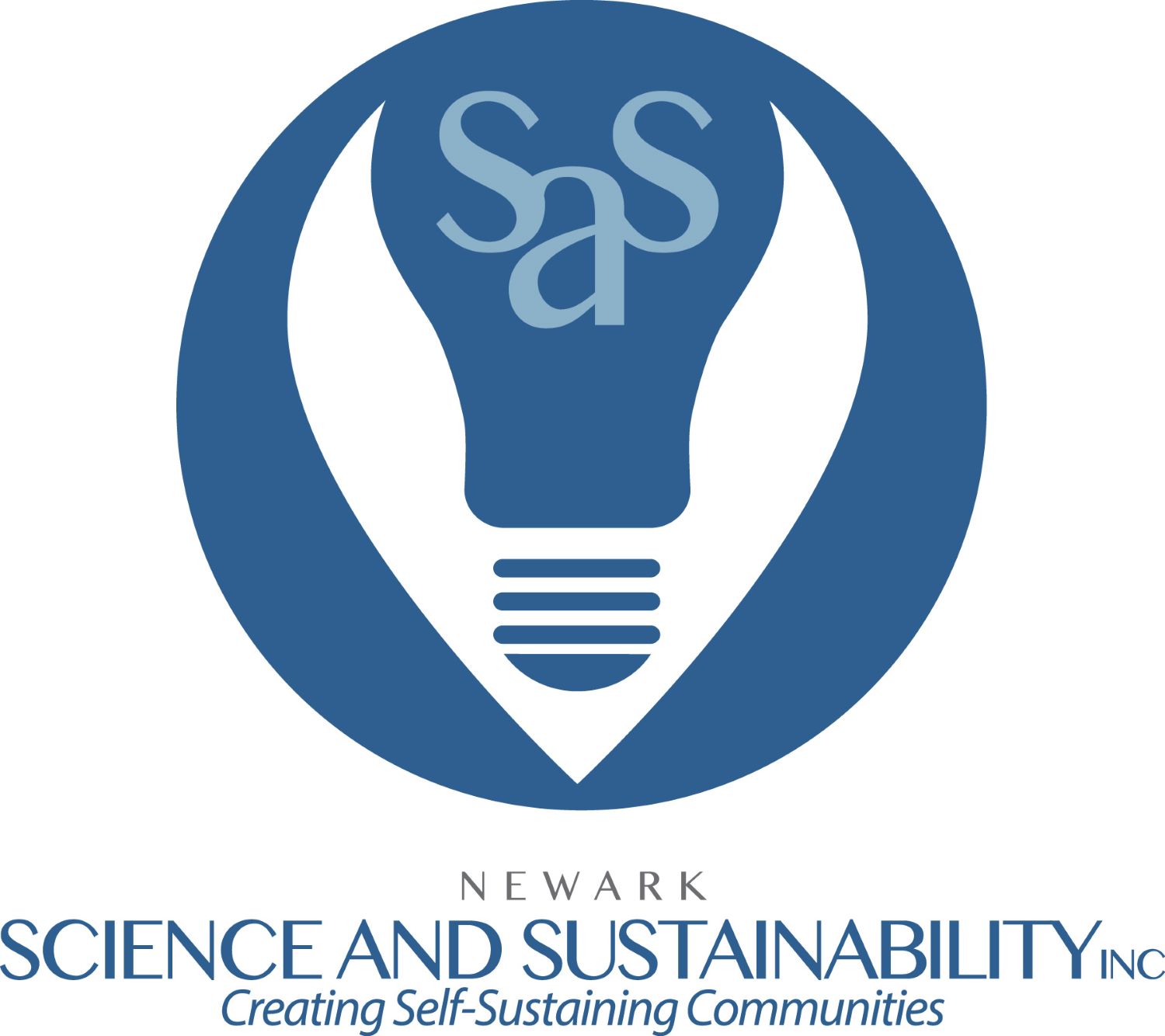About Newark SAS
We strive to empower communities through our advocacy of healthy food access and localized energy production, with programs centered on the cultivation of sustainable agriculture and the use of clean energy. We host an array of outdoor/indoor learning experiences that allow participants to put theory into practice as well as connect more with nature. It this through our five pillars that we are able to provide an interdisciplinary approach to learning.
Urban Agriculture
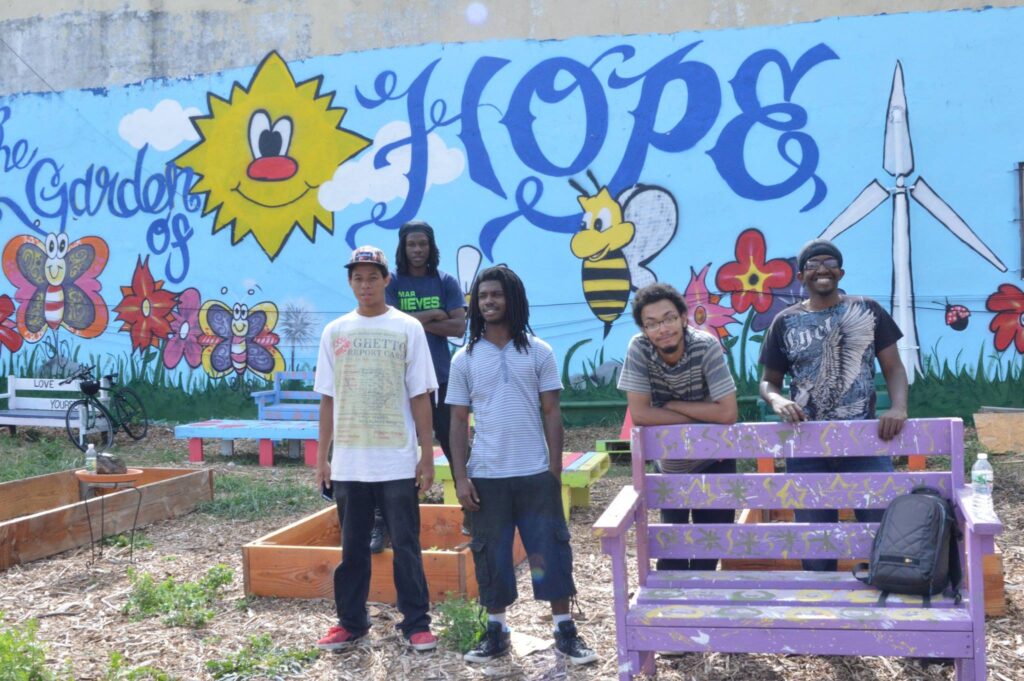
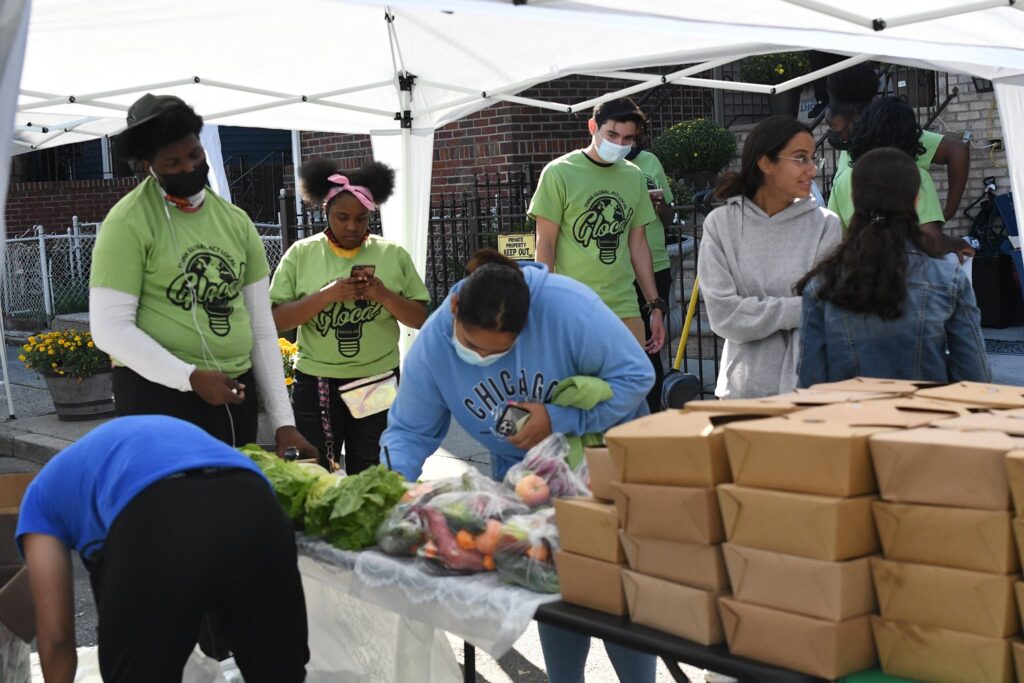
Clean Energy
Participants are exposed to various methods used to create clean energy, such as solar, wind, and pedal bike technology. In the process, they become better informed about environmental and agricultural issues in their local and greater community as a means to develop critical thinking and problem-solving skills. Participants also become better informed about climate issues and how to be more climate resilient, as they implement clean energy into their own life and community.
Our Pedal Bike Powered Smoothie Bar is a pop-up smoothie bar in which participants pedal a bike that generates electricity. This energy is stored into battery packs, which allows us to plug into blenders and create smoothies. By doing this, participants receive wellness from pedaling the bike, engage in the use of clean energy, and nutritional education by blending and drinking healthy smoothies. We have presented our Pedal Bike Powered Smoothie Bar at various community events and festivals, schools, and our community gardens.
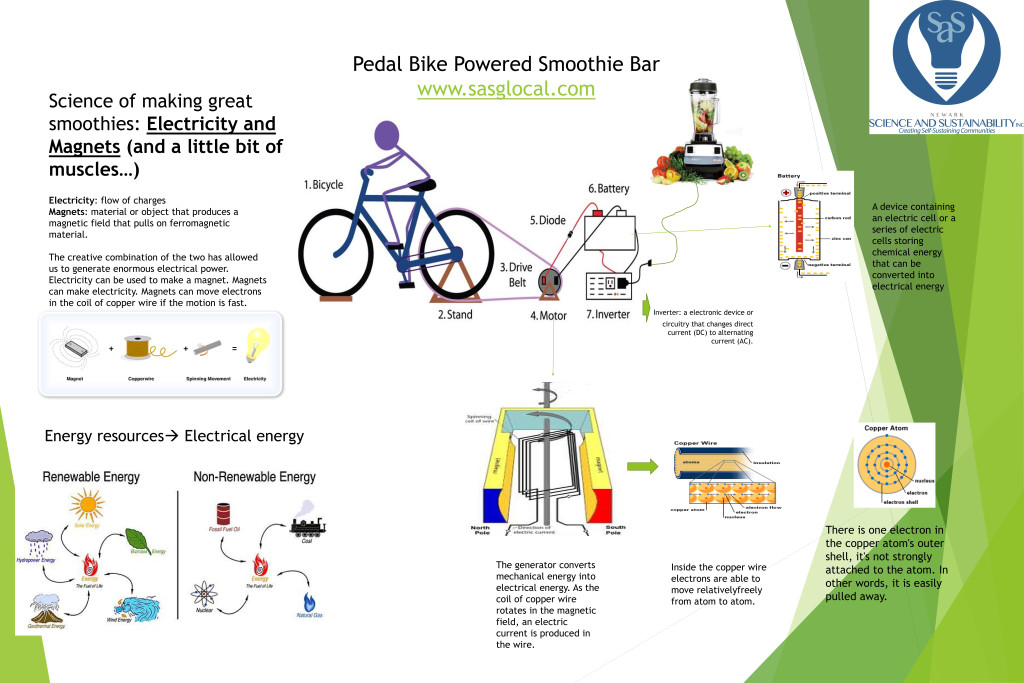
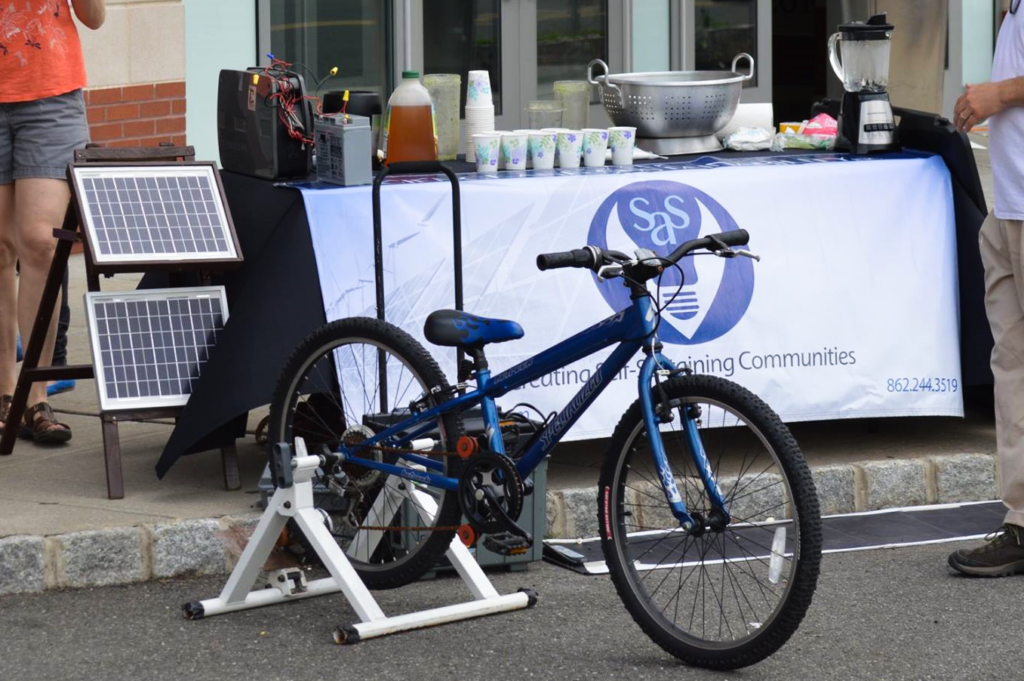
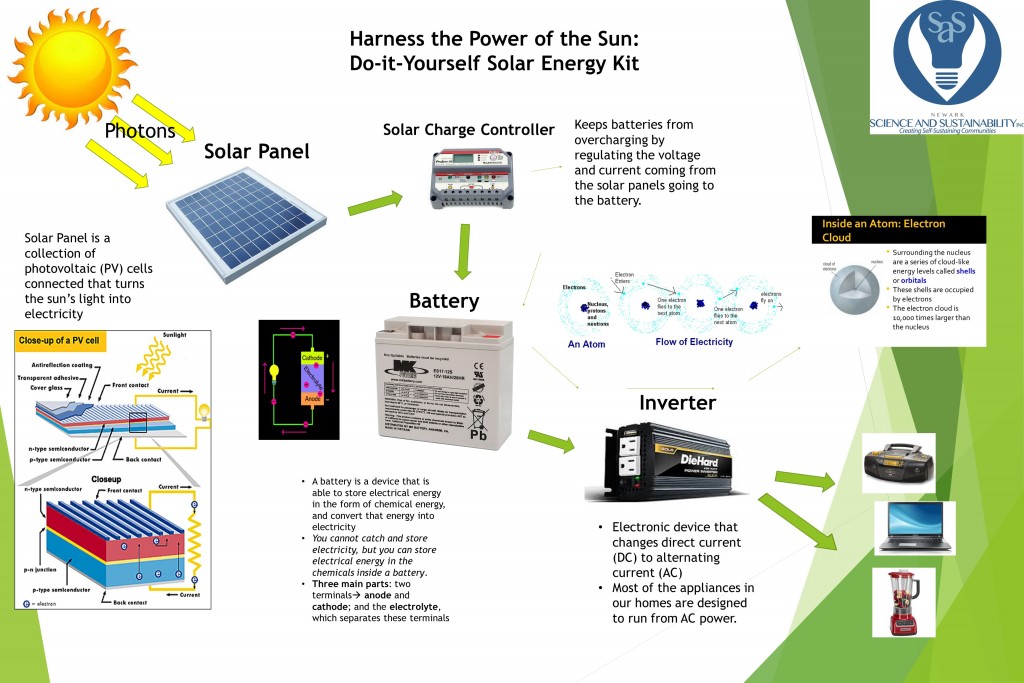
Ecological Construction
In the spirit of community green development, our ecological construction initiatives are beneficial or non-harmful to the environment and resource efficient. Also known as green building, this type of construction is efficient in its use of local and renewable materials, in the energy required to build it, and the energy generated while being within it. We also examine passive solar construction along with the works of Jacque Fresco, Michael Reynolds, and others.
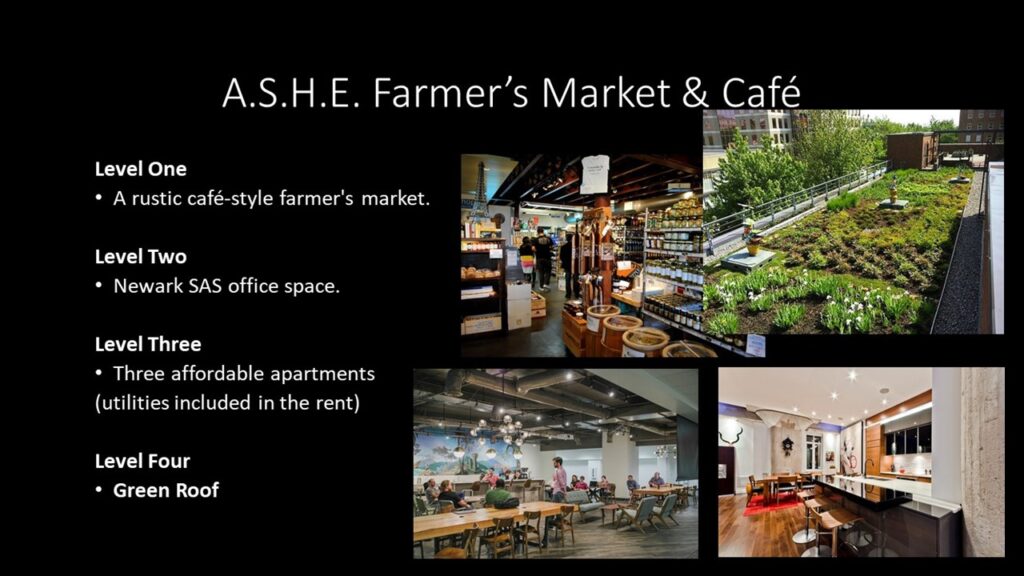
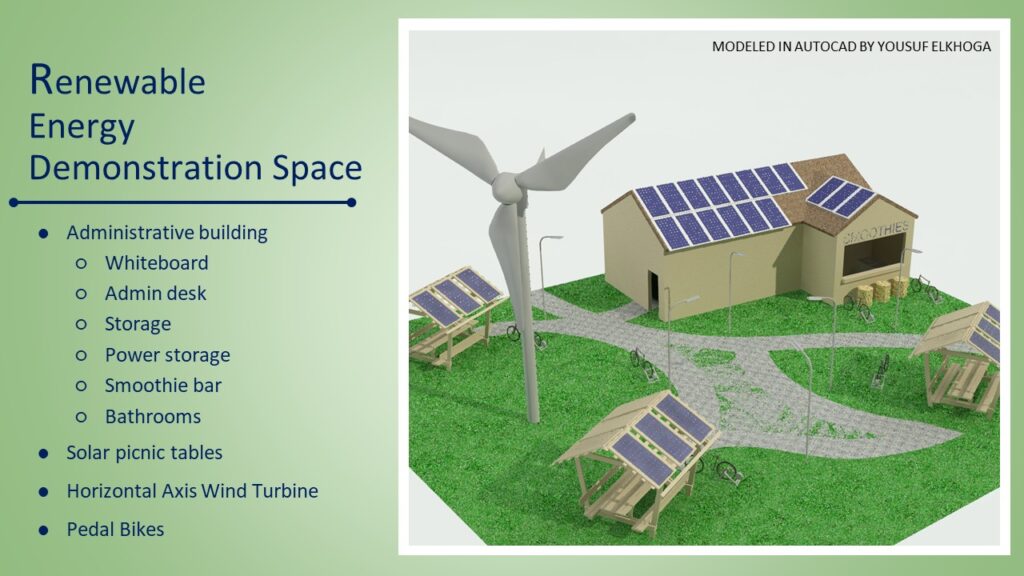
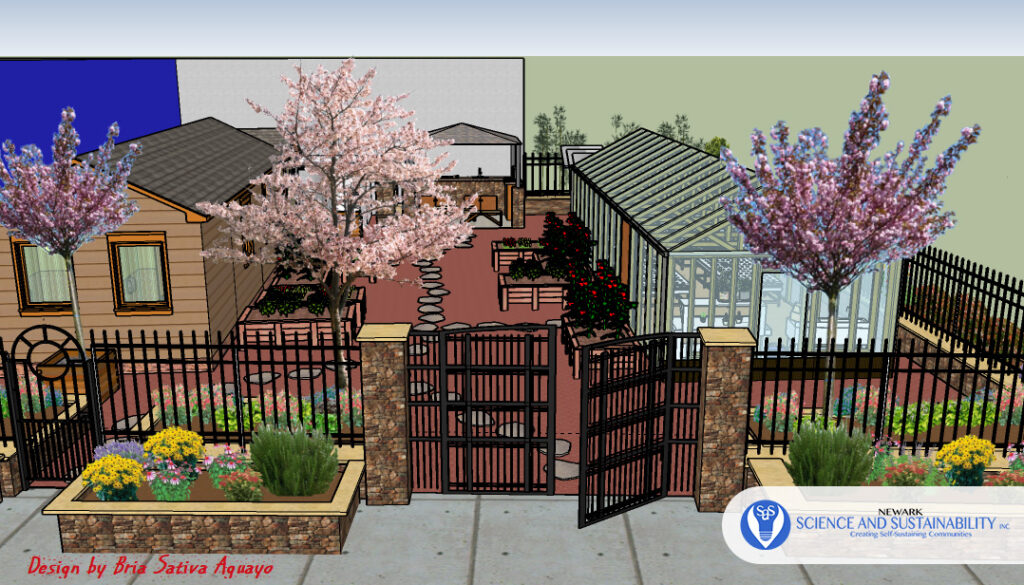
Wellness & Nutrition Education
Our wellness & nutrition education initiative involves nutritional education and events, in which participants engage with nutritional food and information. This includes learning how to properly read labels and better understand food science so participants are equipped with the necessary tools to make healthier food choices and prepare nutritional meals, including plant-based cuisine.
Healing Properties of Herbs Initiative
Herbs are plants or parts of plants, which are used for their therapeutic and health enhancing properties. In this workshop we will review common herbs that are grown indoors, outdoors or can be found in almost everyone’s kitchen and learn about their effect on the body and how to use them. The workshop includes a hands-on, do it yourself component, in which participants will create and take home an herbal remedy for their own use.
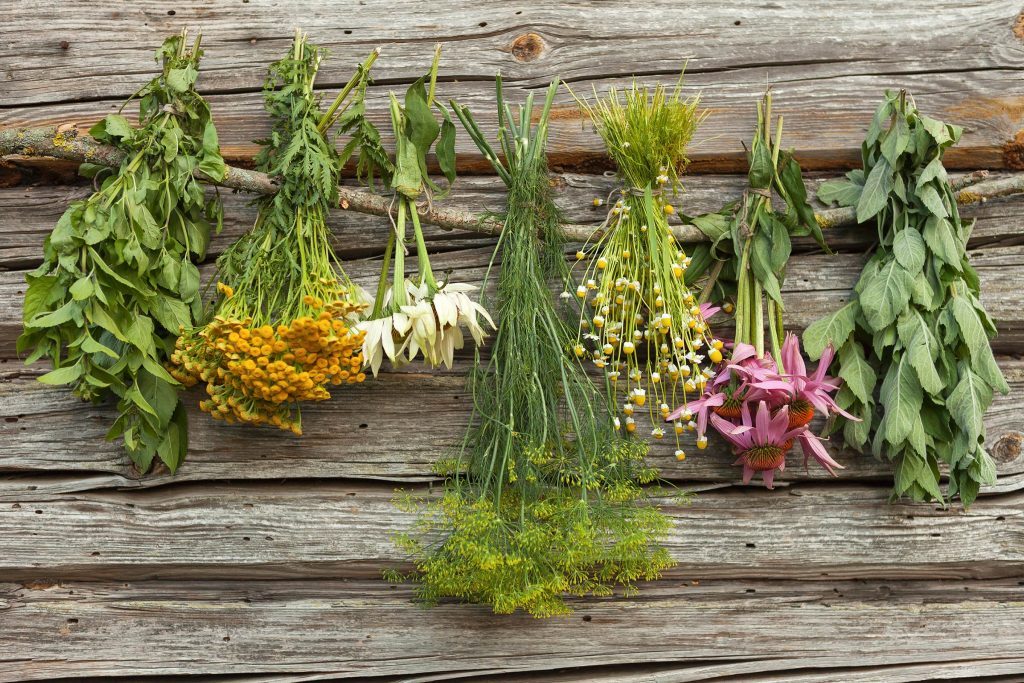
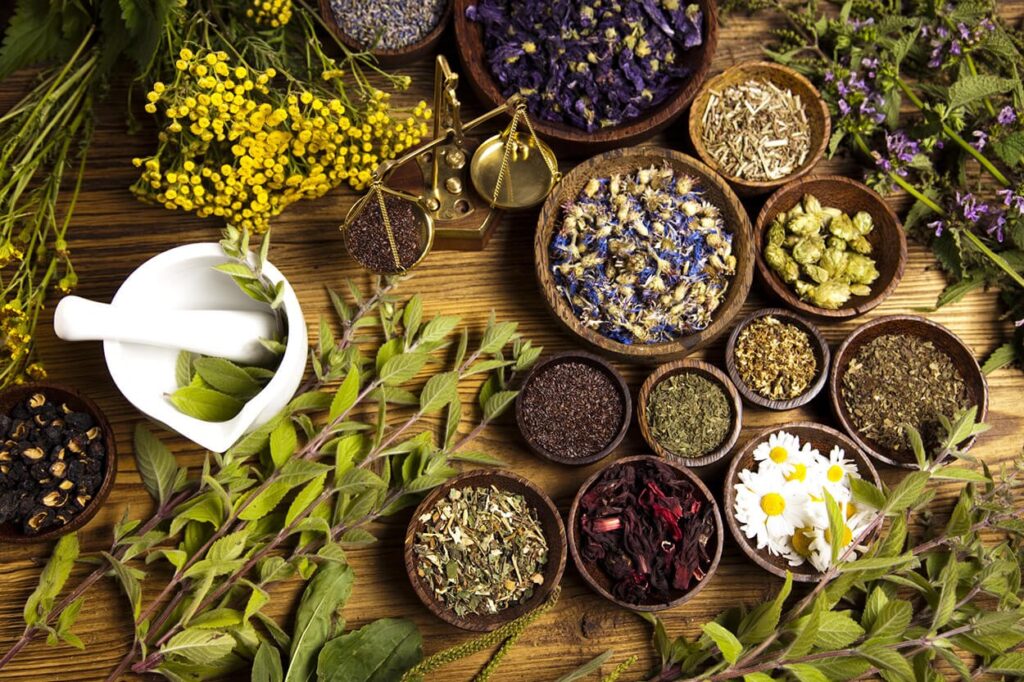
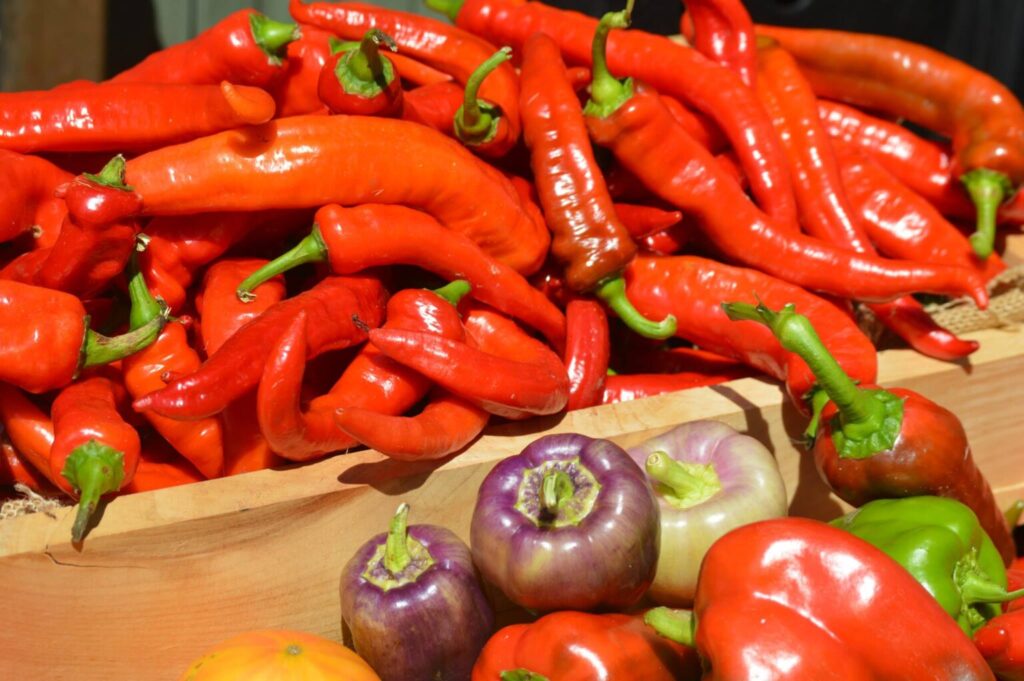
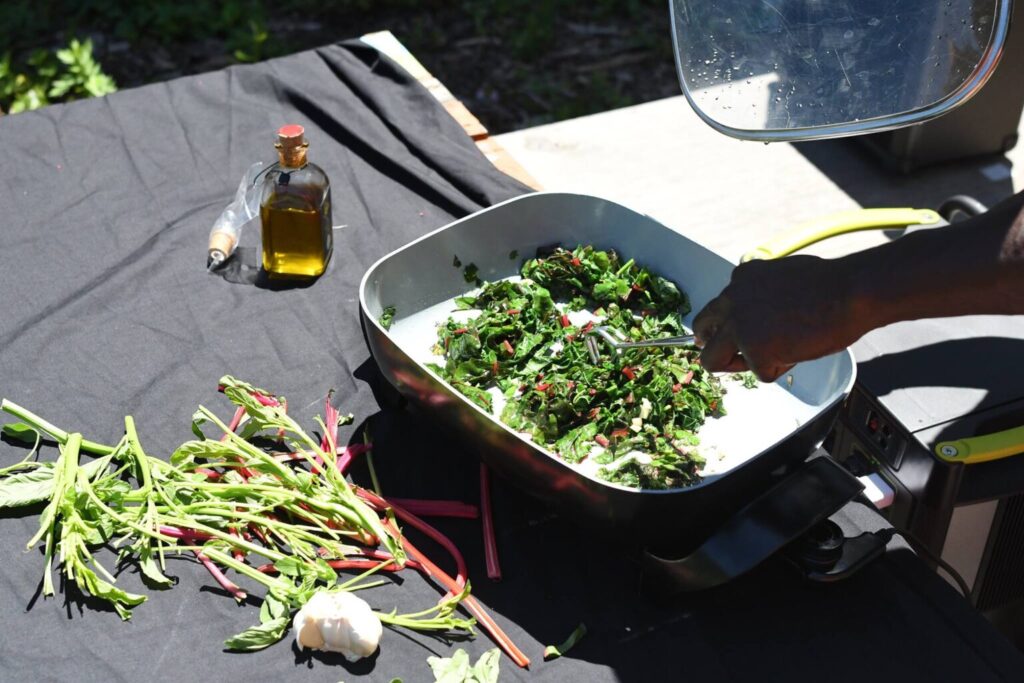
Eco-Art
Eco-Art is the use of natural and recycled materials to create, enhance, and interact with the environment. Participants are introduced to eco-art as a means for self-expression, beautification, and personal engagement and connection with the natural world. This is achieved by combining an array of artistic mediums such as visual arts, film, literature, music and sound, drama, and photography, with the therapeutic and social perspective that we are all creative beings, capable of impacting our environment.
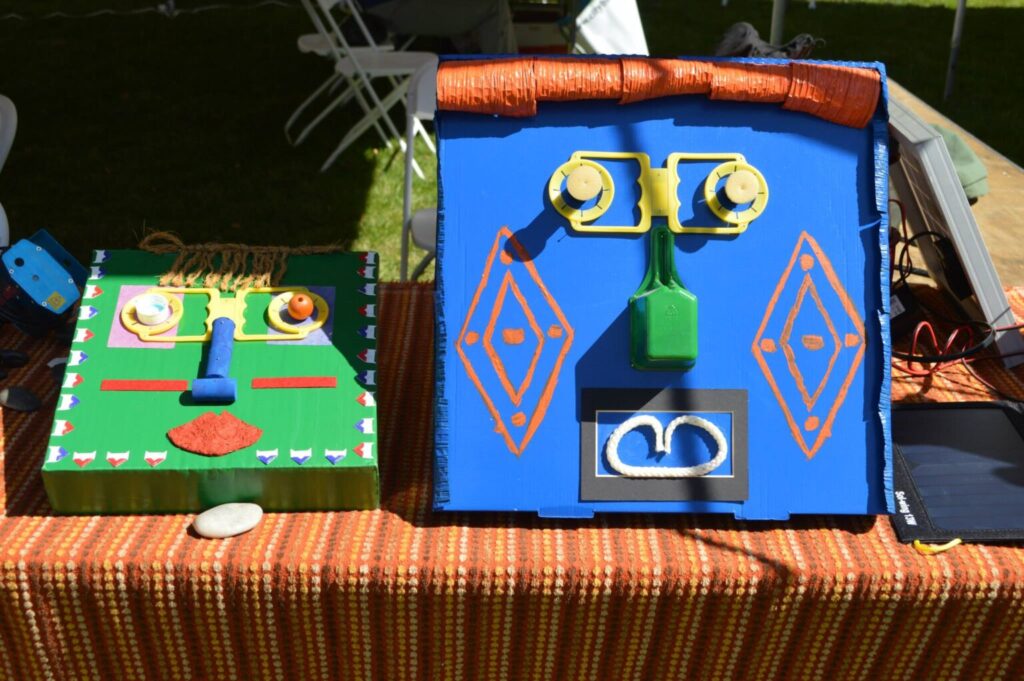
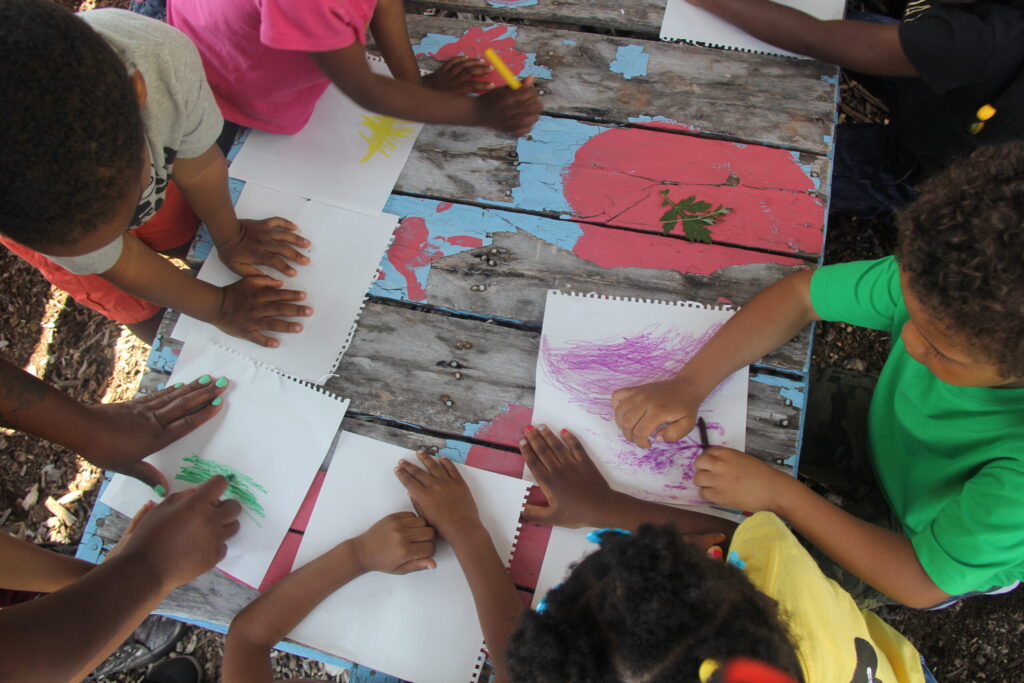
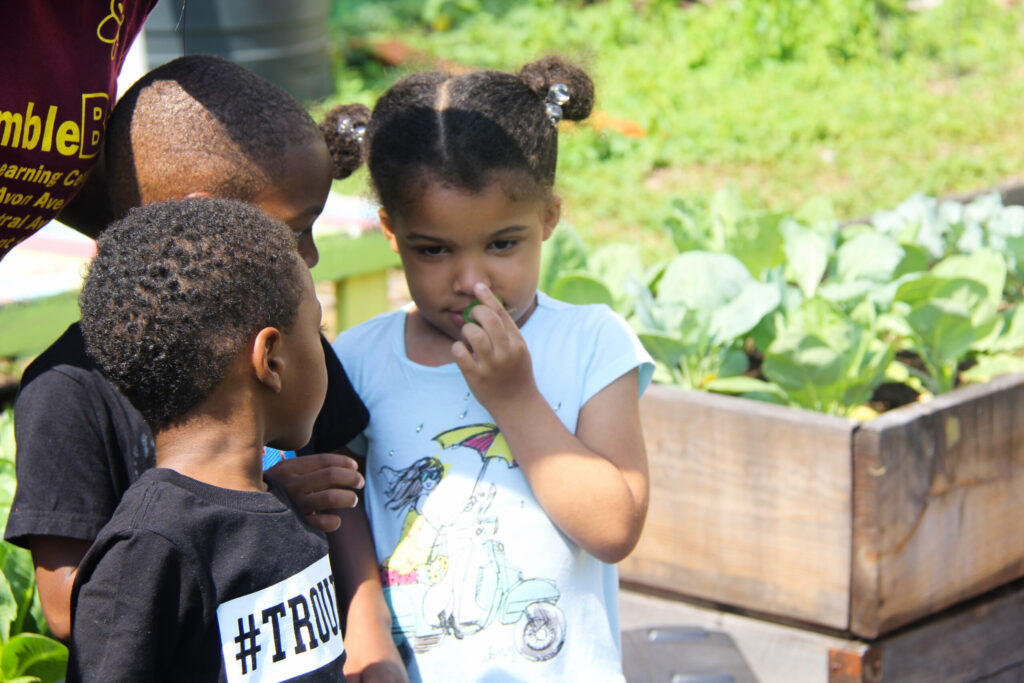
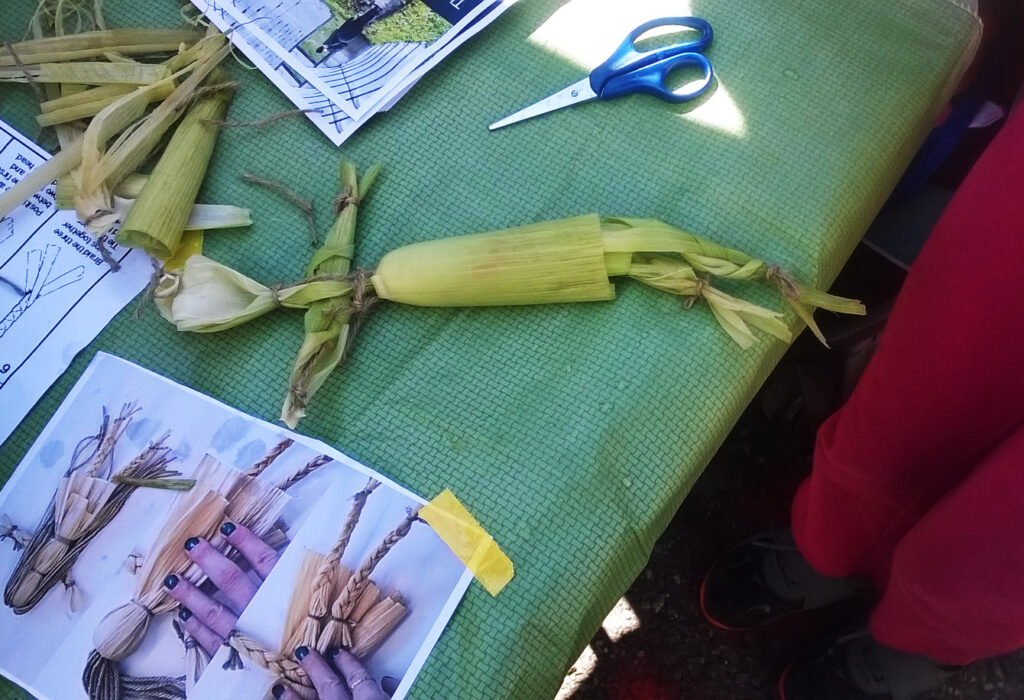
Our GUIDING PRINCIPLES define our moral values for the welcomed behavior and attitude in the workplace, which is reflected in our work.
- To be of service to the planet and the human race;
- To appreciate what each person has to offer and ensure that every individual is given an unlimited opportunity to discover and nurture his/her own purpose through support and encouragement;
- To encourage collaboration and ecopreneurship as a means to create tangible and sustainable solutions for social and environmental issues;
- To be nonpartisan—free from party affiliation or bias;
- To be respectful of all belief systems and promote cultural diversity;
- To nurture the growth of organic, sustainable urban farms/gardens, using organic or heirloom seeds, which comply with the organic material review institute (OMRI) recommended list of fertilizers and the use of integrated pest management (IPM);
- To always be concerned with the health and integrity of our families, communities, and environment;
- To demonstrate how technology, humans and nature can coexist harmoniously.

